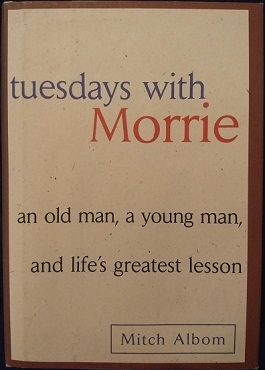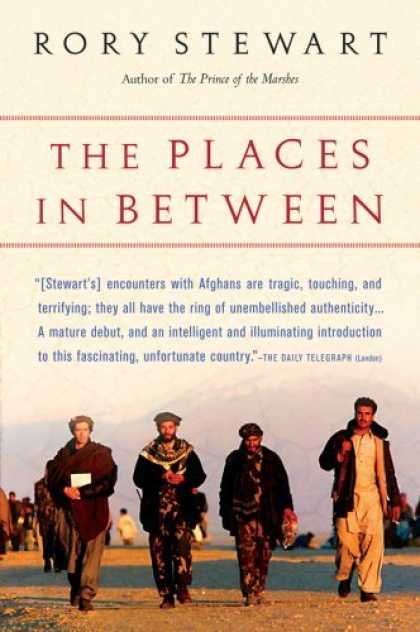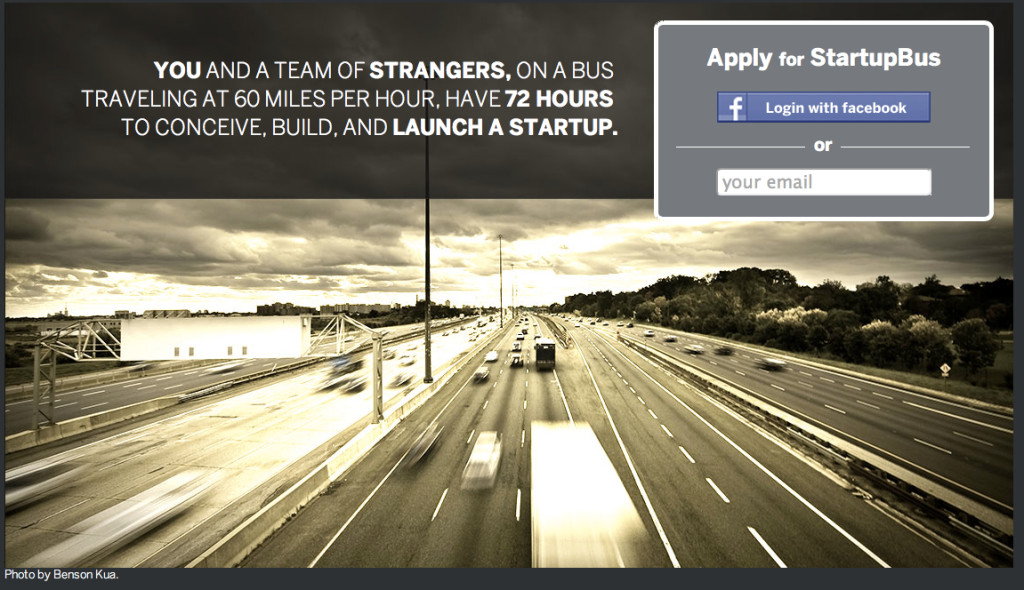
Taking a break to contemplate life and your place in it, along with your work can greatly benefit you and your company (photocredit: http://marketingdeviant.com/)
The more recent pause in posts has been because I took a four-week break from work and headed home to the US where I am from. I hadn’t seen my family in a year and missed them horribly. This “long break” was a clause that I had negotiated with the owners when they brought me on board (they offered me a low salary, so I needed other perks to make up for it): I needed a month off every year (unpaid), even while the company worked. Some people would say that it is both selfish and stupid, but for the company and myself (both as a leader and as a person), it has been invaluable.
Here’s how both I and the company have benefitted on the personal side:
- It rewards and refreshes the mind, body and soul in a VERY necessary way: Good leadership is ultimately backbreaking servitude. My hours are long and, often, thankless, and leadership is extraordinarily lonely. This is not by choice. It just comes with the job (not asking for pity…I signed up knowingly). As you go up the chain-of-command in a company, you have fewer and fewer peers whom you can talk to and confide in. Many things are confidential, and you deal with much more “heavy” material – cases that no one else wants to touch, things that no one wants to (or can) take responsibility for, and in many cases, jobs that require a skillset that only you might have. This eats into your energy and time in a way I can’t express. Without a family or support system at home (or in the office) to balance things out, it slowly eats away at your system. This is why most CEOs are compensated so highly (sometimes I think its a bit much and unnecessary). I think its so that they can have the other perks to balance out the heat of the job. In my case, I get none of those perks, including pay. And I have no family and few friends (partially because the hours are so long and partially because I don’t really fit in here). My burnout rate is consequently, very high. These breaks keep me healthy, and consequently the company healthy and on the right path.
- Mental and Emotional Rejuvenation Fuel Necessary Depth of Thought: The reason I need such a long break is because I need to be charged up physically, mentally, and emotionally. It usually takes a week for me to get physically recharged (mostly with good food and sleep); but it takes longer to get mentally and emotionally recharged. When the brain tires, creativity declines, and my greatest asset in my current position is to be creative when everyone else is not; and in a capacity that other people cannot be. As CEO, I am responsible for strategic planning and execution, overall problem analysis, goal orientation and direction. I have to both think out the goals at a company, department and individual level, and then figure out a way to get there, and then motivate my team to move in that direction. If they don’t see it, its my fault. If the company or department or individual is stuck, its ultimately my job to find a solution (either through or outside my team) and then move towards executing it. This is not physical strength, but mental and emotional strength, and this is what fuels creativity and depth of thought.
The break, for example, is what fueled the space to collect and write down my thoughts, and start blogging again. Similar to a cow chewing the cud, the break allowed for a lot of things that I had mentally filed away when I was triaging a specific case to come back and sift through. I am able to see things much clearer as a result…things that were done right or wrong, things that needed to be fixed or done better, holes that are still left and leaking within the company. It all comes back in moments of quiet, and it allows tremendous depth of thought and much more efficient action. I grow a lot in those moments, as does my skillset, and this makes the whole company grow as a result. My brain floods with ideas; problems I have long been contemplating suddenly have solutions. Its really exciting, and counterintuitive, but I often find I do my greatest work when I am on “holiday.” And its because I’m allowed the space to think deeply.
Here’s why on the company side:
- It builds resilience in the firm: As the ultimate servant, people can get a little too dependent on you to do things that they can probably do themselves. So when I’m gone and my contact with them is curbed, it forces them to grow and step up in ways they haven’t before. I often come back to see depth of thought on the part of many members of my team, lots more questions and answers, eagerness to learn and grow, and greater levels of confidence. Its a beautiful thing to see.
- Performance is glaringly obvious: Conversely, I’m also able to see the “holes” in my team, company strategy or structure, communication, etc. Based on this, I know how well we have been performing, how much more I can push my team and the company. At an individual level, I can see who all have grown as individuals or team players, and who haven’t…who fit in the company and who don’t. Everything becomes much more obvious.
This time, for example, I knew that we were doing good as a team, and company when I got back, and it was incredibly affirming.
Last year (eight months after I took over as CEO) when I got back from my break, I had a long line of people (juniors, seniors, and upper management, including the owners) waiting with a list of complaints of things to fix. I could see that while we had made a lot of progress in the first eight months, there were still LOTS of things to do. Had it not been for the break, I probably would have been overwhelmed and unable to sieve through the chaos. But it was soon glaringly obvious to me that there were still LOTS of HR issues. Communication and team-building, as well as the need for mature design leadership emerged as the key problems that I needed to solve. These became my priorities, and I only realized the results when I came back this time.
In contrast to last year, when I got back this year, the line of people to see me were mostly seniors (not the juniors or upper management as last year) and their lists were mostly happy/proud updating, and any key resources or things they needed from me in order to move forward. I could see that they had thought deeper about things, stepped up better, and that the team was MUCH stronger. Confidence levels were higher. Work was moving forward at a rapid pace. Most people were communicating and resolving differences between themselves. It was quite affirming…I knew we had done good over the past year, and it was time to move forward with the next phase of growth…time for me to step up yet again.
For those who ask how things had changed in the first eight months, and how I gauged progress there, here’s something for you. When I first got there at Month #1, only the owners showed up with a long list of complaints of things to fix. No one else wanted to talk to me or have anything to do with me. It took me several months to gain everyone’s trust and get them highlighting their biggest issues. The issues were at a fundamental, extremely critical level…there was a lack of vision, mission, core values, goals, and a complete lack of accountability; which I immediately set about fixing and implementing before I went on break. So the fact that everyone showed up to complain to me with a long list, was in and of itself a big achievement and showcased trust. Their complaints had also shifted from fundamental issues with the company to team-related issues they had with each other – a HUGE shift (you want complaints to move from being heavily substantive to more trivial issues). Hence I knew we had progressed, but there was still great chaos in other respects.
In conclusion, I think these breaks are invaluable in multiple ways, and hopefully you might take this to heart in terms of your own productivity and that of the company’s.
And this is why I will hopefully continue to take long breaks while my company works.










